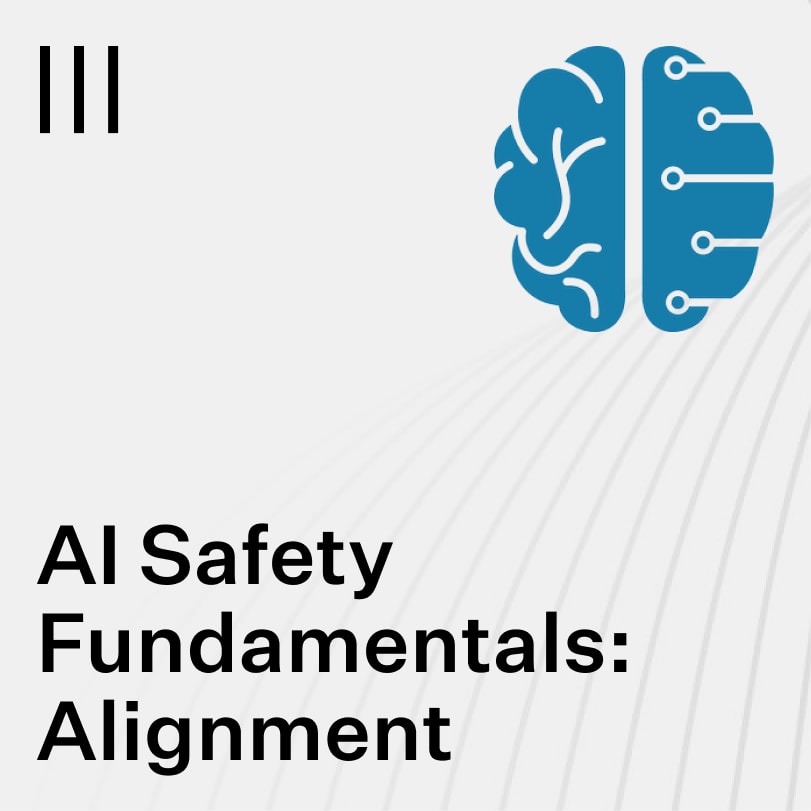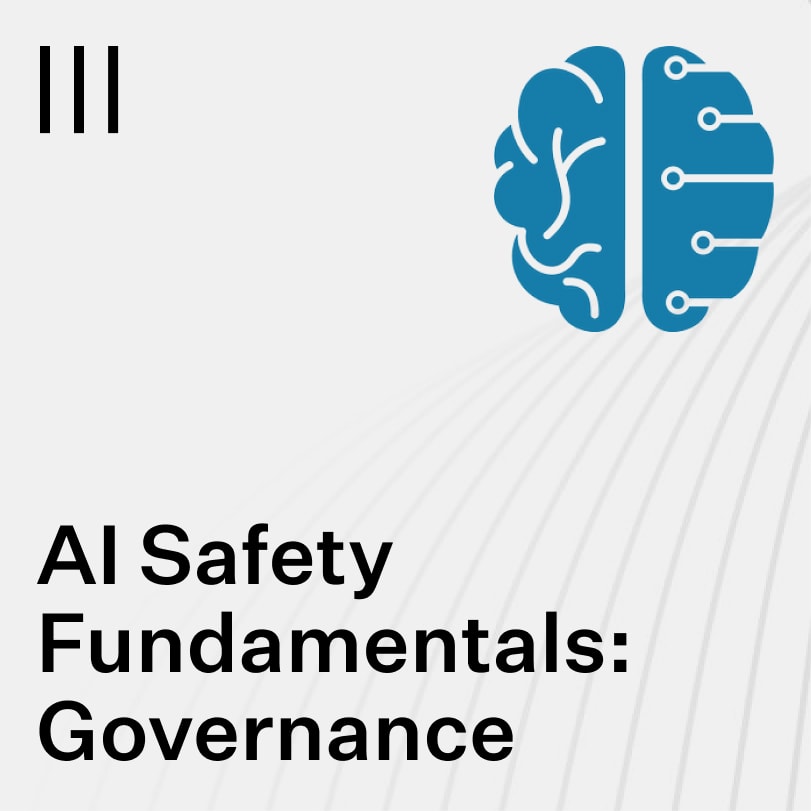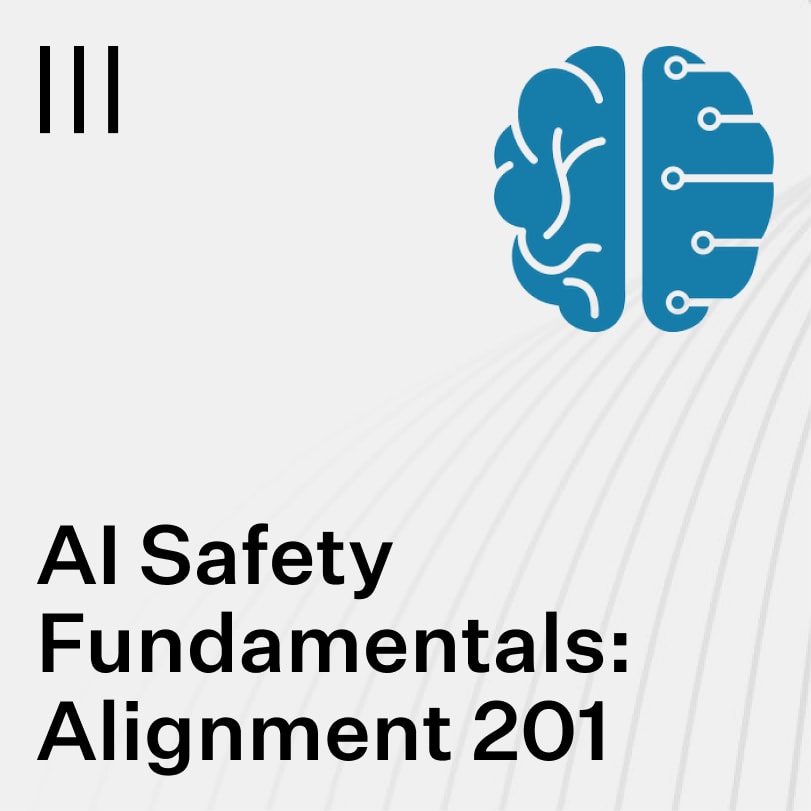The AI Safety Fundamentals courses are one of the best ways to learn about AI safety and prepare to work in the field.
BlueDot Impact facilitates the courses several times per year, and the curricula are available online for anyone to read.
The “Alignment” curriculum is created and maintained by Richard Ngo (OpenAI), and the “Governance” curriculum was developed in collaboration with a wide range of stakeholders.
You can now listen to most of the core readings from both courses:
 | AI Safety Fundamentals: Alignment
|
 | AI Safety Fundamentals: Governance Gain foundational knowledge for doing research or policy work on the governance of transformative AI. Listen online or subscribe: Apple Podcasts | Google Podcasts | Spotify | RSS |
We've also made narrations for some readings from the advanced “Alignment 201” course, and we may record more later this year:
 | AI Safety Fundamentals: Alignment 201 Gain enough knowledge about alignment to understand the frontier of current research discussions. Listen online or subscribe: Apple Podcasts | Google Podcasts | Spotify | RSS |
Apply to join the “AI Safety Fundamentals Governance Course” July cohort!
Gain foundational knowledge for doing research or policy work on the governance of transformative AI.
Successful applicants will participate in the AI Governance course with weekly virtual classes, and join the AI Safety Fundamentals community.
Apply before 26th June 2023!
https://apply.aisafetyfundamentals.com/governance
Thoughts, feedback, suggestions?
These narrations were created by Perrin Walker (TYPE III AUDIO) on behalf of BlueDot Impact, with support from the rest of the team at TYPE III AUDIO.
We would love to hear your feedback. Do you find the narrations helpful? How could they be improved? What other AI safety material would you like to listen to? Please comment below, complete our feedback form, or write to team@type3.audio.




That sounds great to me, thanks!